'People are calling for protection rather than a retreat into nationalism'.
30 octobre 2018
Interview between Dominique Reynié and Alain Barluet published in Le Figaro on 26 October 2018.
Dominique Reynié is a university professor at Sciences Po and Executive Director of the Fondation pour l’innovation politique.
- Is the European Union currently under threat of implosion due to the various nationalist movements?
Our situation is completely paradoxical. While the enemies of the European Union have never felt so close to achieving their goal, with an end almost in sight, I believe that citizens of the various European countries have never been more seriously committed to the EU. What a contradictory situation! This is one of the most unfortunate results of our inability to discuss matters and our recent tendency of excessively simplifying viewpoints. The notion of a retreat into nationalism is a misinterpretation. People are calling for protection, political regulation, and control over the course of events rather than a retreat into nationalism. They are demanding government authority, which is not at odds with the European idea. If the EU refuses to respond to this eminently legitimate and admissible demand, it will ultimately drive Europeans back to nationalistic dogma against their better judgement.
- What are the main causes of current European divisions?
Some causes are evidently specific to each of our nations. However, most are shared, and this is the other side of the paradox, since these continent-wide causes affecting us all should provide us with the means of devising a new European grand design. Let us now consider our demographic crisis. Every year, Europe records more deaths than births. None of the continent’s nations have escaped this terrible deficit. Its consequences in terms of our economic, scientific and military capacities, budgets, etc. are huge. Can our demographic crisis be traced to European people’s response to the question of their role in this new phase of history? Governments are not the ones who have children. Moreover, the situation will not be resolved through tax incentives or national medals. In historical terms, there is no purer demonstration of strength than in population figures. People may very well reject multiculturalism, but what is the value of a national culture that has stopped reproducing? Our loss of vitality in a dynamic world is one of the main causes of the unease affecting European citizens and their governments.
- What role has Trump played in this phenomenon?
Europeans watch Trump. Although they do not like him, they understand him. They see a head of state who claims to put his country and people first. Trump signals the return of a classic figure that has been forgotten in France, namely a statesman who is only interested in his own country. He engages in power politics. We will see where this leads. However, there is no doubt that it would prompt him to sacrifice European and even global interests if necessary. In these terms, dropping the Paris climate agreements was a success – it is a stark declaration of a return to an openly selfish brand of politics. It is a response to a world no longer dominated by democracies. Europeans view Trump in similar terms to Xi Jinping – it is impossible to like the two men as they are formidable figures who view us with predatory eyes. Fully aware of this and the weakness of their own resources if they decided to act separately, Europeans remain committed to the EU, our last chance of survival in the great battle of power politics that has already begun. The Americans do what they have to do for their own interests. It is now up to we Europeans to do what we need to protect ours – that is what Europeans are currently trying to say.
- Is Macron right to highlight divisions with eastern Europe?
It is a political risk both at national and European level. This risk may pay off if the populist vote threatening the European Union starts to falter in the European elections. At present, this is not the most likely outcome. However, we may see a result combining a defeat at European level with a national victory if Macron’s party La République en Marche gains the highest share of the vote in France. A double defeat would retrospectively indicate that the gamble was unwise. It would also have a negative impact both at European and national level by dangerously weakening the French president.
- How can European divisions potentially be ‘reduced’?
At government level, we need to stop engaging in overblown head-on clashes, which are ostentatious, media-focused, and attention grabbing. With its impenetrable jargon and extraterritorialised representatives, the EU is as incapable of explaining its benefits as it excels at staging its disputes. The effects are catastrophic. Sadly, there will not be a return to moderation before the European elections, as these excesses are aimed at mobilising core groups of supporters among the electorate. There is an urgent need for us to understand one another better. Orbán and his allies must understand that respect for the principles and procedures underpinning the democratic rule of law is fundamental to the European political project and is therefore non-negotiable. However, we too must accept Europeans’ visceral attachment to their intangible heritage, way of life, and sovereignty, which has in some cases been acquired or restored very recently at a heavy price.
For its part, Putin’s Russia cannot continue its age-old policy of stirring unrest, with endless efforts to destabilise our democracies and the EU. In economic terms, Russia would only be the third or fourth biggest power in the EU if it were a member. Its population trends are also equally moribund. I am surprised that we are unable to reach a better understanding given our convergent difficulties.
Photo by Jakub Kriz on Unsplash

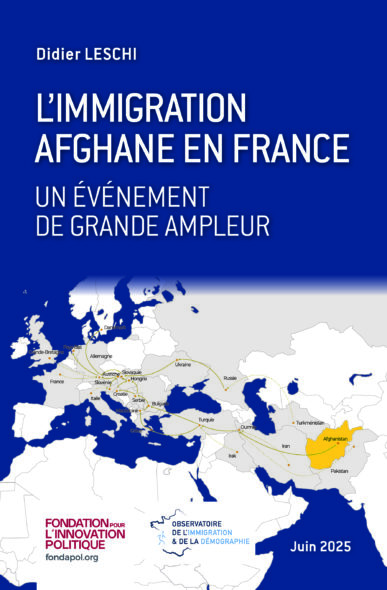
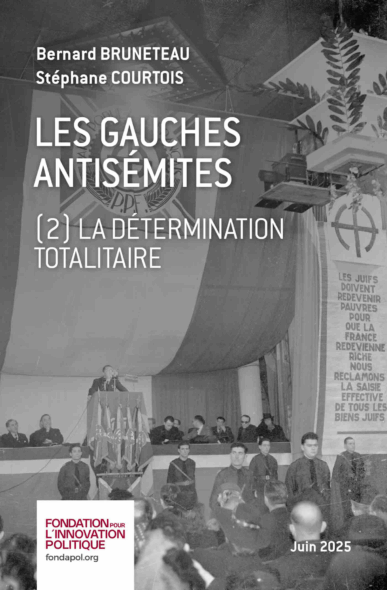
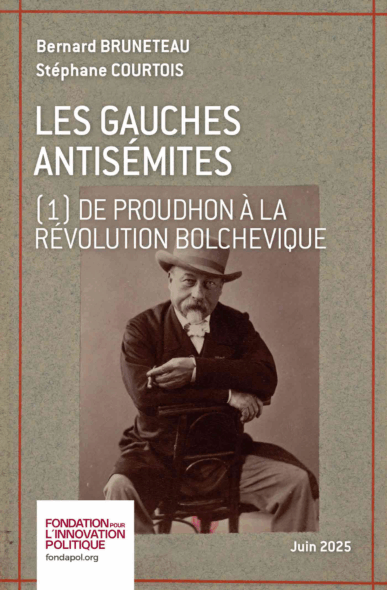
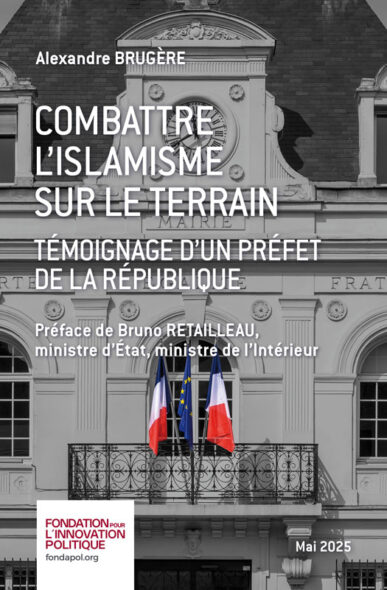
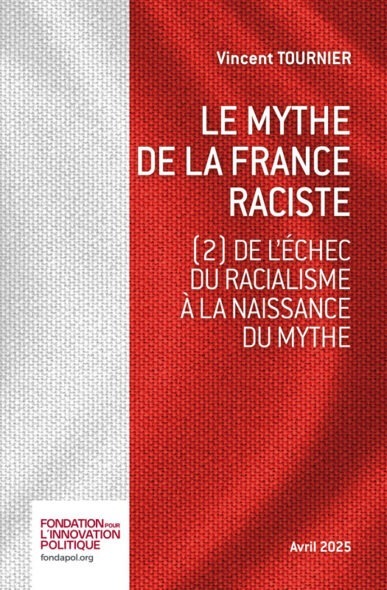
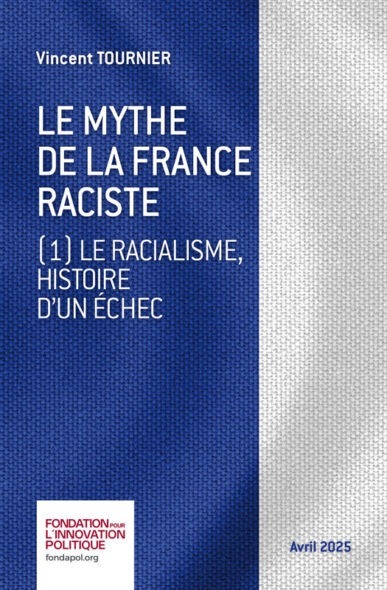
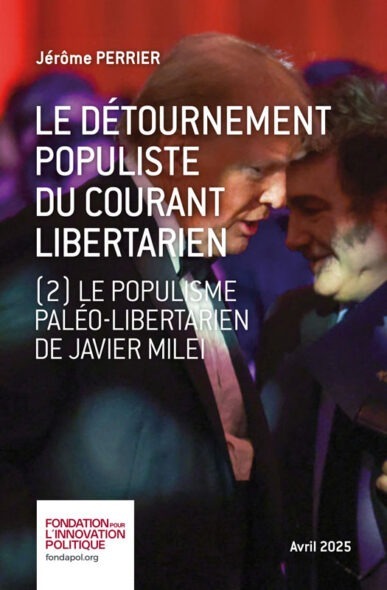
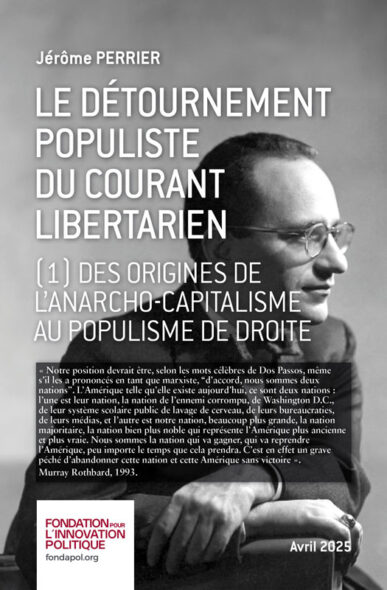
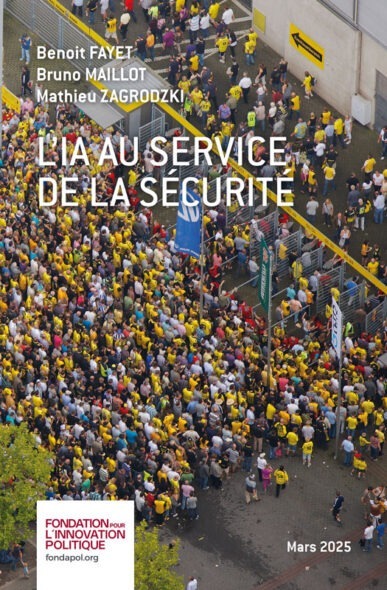
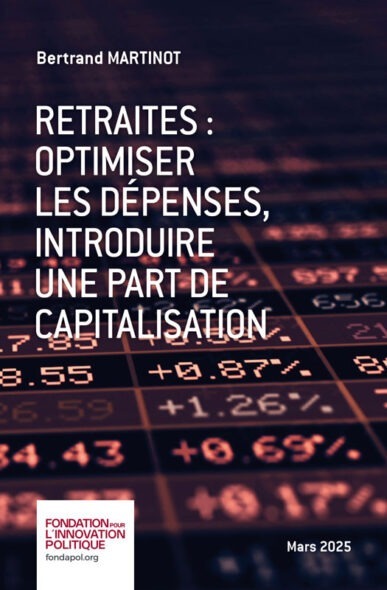
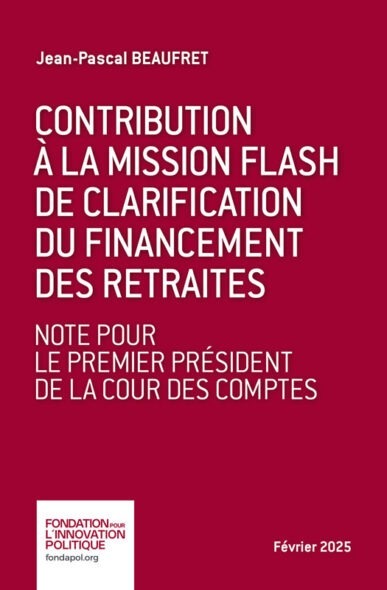
Aucun commentaire.